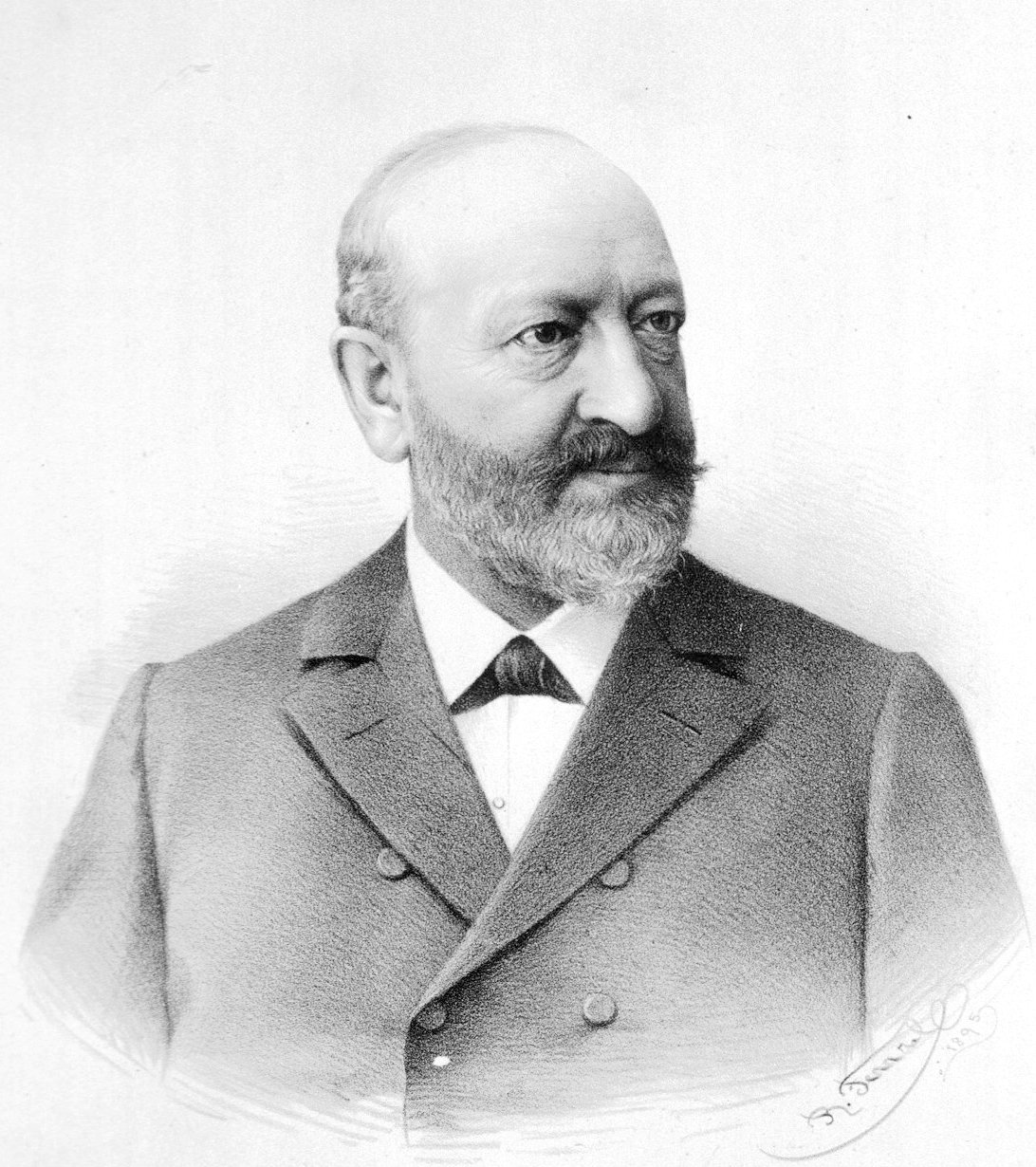Julius Wiesner on:
[Wikipedia]
[Google]
[Amazon]
 Dr. Julius Ritter von Wiesner (20 January 1838 – 9 October 1916) was a professor of botany at the
Dr. Julius Ritter von Wiesner (20 January 1838 – 9 October 1916) was a professor of botany at the
IDREF.fr
published works
 Dr. Julius Ritter von Wiesner (20 January 1838 – 9 October 1916) was a professor of botany at the
Dr. Julius Ritter von Wiesner (20 January 1838 – 9 October 1916) was a professor of botany at the University of Vienna
The University of Vienna (german: Universität Wien) is a public research university located in Vienna, Austria. It was founded by Duke Rudolph IV in 1365 and is the oldest university in the German-speaking world. With its long and rich hi ...
, a specialist in the physiology
Physiology (; ) is the scientific study of functions and mechanisms in a living system. As a sub-discipline of biology, physiology focuses on how organisms, organ systems, individual organs, cells, and biomolecules carry out the chemic ...
and anatomy of plants.
In 1870 he became a professor at the forestry academy of Mariabrunn, and from 1873 to 1909, was a professor of plant anatomy and physiology at the University of Vienna, and at the same time (1866 to 1880) had a teaching position of technical commodity science at the Vienna University of Technology
TU Wien (TUW; german: Technische Universität Wien; still known in English as the Vienna University of Technology from 1975–2014) is one of the major universities in Vienna, Austria. The university finds high international and domestic recogn ...
. At Vienna he founded the department of plant physiology (1873). During his career, he took part in scientific expeditions to Egypt
Egypt ( ar, مصر , ), officially the Arab Republic of Egypt, is a List of transcontinental countries, transcontinental country spanning the North Africa, northeast corner of Africa and Western Asia, southwest corner of Asia via a land bridg ...
, India
India, officially the Republic of India (Hindi: ), is a country in South Asia. It is the List of countries and dependencies by area, seventh-largest country by area, the List of countries and dependencies by population, second-most populous ...
, Java
Java (; id, Jawa, ; jv, ꦗꦮ; su, ) is one of the Greater Sunda Islands in Indonesia. It is bordered by the Indian Ocean to the south and the Java Sea to the north. With a population of 151.6 million people, Java is the world's mo ...
, Sumatra
Sumatra is one of the Sunda Islands of western Indonesia. It is the largest island that is fully within Indonesian territory, as well as the sixth-largest island in the world at 473,481 km2 (182,812 mi.2), not including adjacent i ...
, North America
North America is a continent in the Northern Hemisphere and almost entirely within the Western Hemisphere. It is bordered to the north by the Arctic Ocean, to the east by the Atlantic Ocean, to the southeast by South America and th ...
and the Arctic
The Arctic ( or ) is a polar regions of Earth, polar region located at the northernmost part of Earth. The Arctic consists of the Arctic Ocean, adjacent seas, and parts of Canada (Yukon, Northwest Territories, Nunavut), Danish Realm (Greenla ...
.
His research included studies on phototropism
Phototropism is the growth of an organism in response to a light stimulus. Phototropism is most often observed in plants, but can also occur in other organisms such as fungi. The cells on the plant that are farthest from the light contain a hor ...
in plants, on the formation of chlorophyll
Chlorophyll (also chlorophyl) is any of several related green pigments found in cyanobacteria and in the chloroplasts of algae and plants. Its name is derived from the Greek words , ("pale green") and , ("leaf"). Chlorophyll allow plants to ...
. and investigations involving the technological properties of plant raw materials.
Recognised as an accomplished botanist
Botany, also called , plant biology or phytology, is the science of plant life and a branch of biology. A botanist, plant scientist or phytologist is a scientist who specialises in this field. The term "botany" comes from the Ancient Greek wo ...
and author of German language books and papers — his 1881 work on the movement in plants was read and discussed by Charles Darwin
Charles Robert Darwin ( ; 12 February 1809 – 19 April 1882) was an English naturalist, geologist, and biologist, widely known for his contributions to evolutionary biology. His proposition that all species of life have descended ...
— the genus '' Wiesneria'' commemorates his name.
Selected works
* ''Die Entstehung des Chlorophylls in der Pflanze'', 1877 – The formation of chlorophyll in plants. * ''Die Heliotropischen Erscheinungen im Pflanzenreiche'', 1878 – Theheliotropic
Heliotropism, a form of tropism, is the diurnal or seasonal motion of plant parts (flowers or leaves) in response to the direction of the Sun.
The habit of some plants to move in the direction of the Sun, a form of tropism, was already known by t ...
phenomena in the plant kingdom.
* ''Das Bewegungsvermögen der Pflanzen : eine kritische Studie über das gleichnamige Werk von Charles Darwin nebst neuen Untersuchungen'', 1881 – The power of movement in plants, a critical study of the homonymous work of Charles Darwin, together with new studies.
* '' Elemente der Wissenschaftlichen Botanik'', 1881-84 (two volumes) – Elements of scientific botany.
* ''Die Rohstoffe des Pflanzenreiches'', 1900-03 (two volumes) – Raw materials of the plant kingdom.published works
References
{{DEFAULTSORT:Wiesner, Julius 1916 deaths 1838 births 20th-century Austrian botanists Austrian knights University of Vienna alumni 19th-century Austrian botanists Members of the Royal Society of Sciences in Uppsala